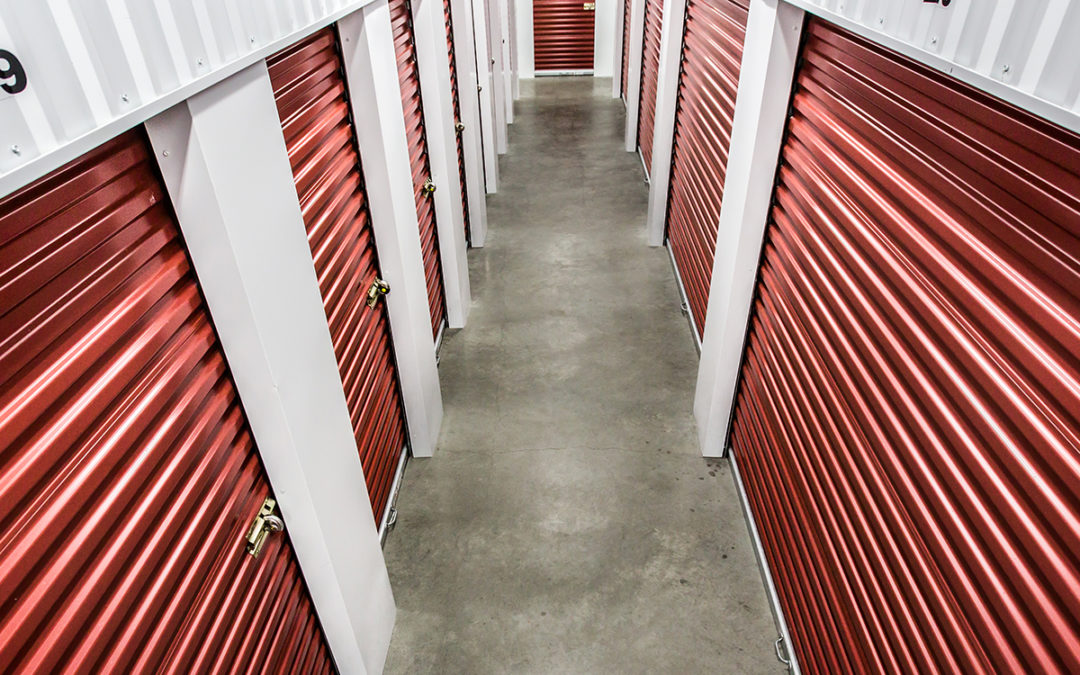“Too many people spend money they haven’t earned, to buy things they don’t want, to impress people they don’t like.” Will Rogers
Self storage is a booming business. This billion-dollar industry is growing at 1.5% annually according to IBIS world. That’s s a lot of ‘stuff’. It would appear that we have too much stuff to keep in our own homes and we are increasingly paying others to look after it for us. How we live is changing. Living in smaller homes means we need less and we have less space for storage. So paying someone else to take our extra boxes out of our homes appeals to many.
According to the Australia Institute research paper Stuff Happens, 88 per cent of Australians have at least one room where they stash trash and it is making us stressed just thinking about it.
“How clutter affects people: More than a quarter of survey respondents (29 per cent) said that clutter stops them enjoying their time at home, while one in five (21 per cent) said that clutter in their home impedes their ability to move around the place. Almost half of all respondents (48 per cent) said there was an area or room in their home that they don’t like visitors to see due to clutter. Indeed, about 28 per cent agreed that ‘the clutter in my home makes me feel embarrassed.”
Now it seems the concept of being ‘weighed down’ by stuff has simply become too much and we’re seeing an urge to purge stuff entirely. I look to the popularity of ‘Tidying up with Marie Kondo’ as a current cultural example of this trend. There is a whole cult movement around throwing stuff away. In fact charity stores are crying for help and even having to turn away donations. We’re no longer looking to store all of that disposable and mass produced ‘stuff’ – it’s now being kicked to the curb. I wonder what those self storage businesses will do in response to the possible disruption of their long-successful business model? I suspect big change may be afoot.
This is a trend manifesting in many areas of our lives. Look at the public pressure to ban single use plastics. We’re starting to turn our backs on the disposable attitudes we’ve had for so long. This is wonderful news for the environment long term, but what do we do with all of this waste now? There will be great opportunity for businesses who are able to offer recycling and reuse opportunities for the goods we’re parting with.
I am hearing conversations in boardrooms and at events – people are feeling inspired to reduce, clear out and simplify.… but aside from Marie Kondo wardrobe overhauls, decluttering the tupperware cupboard and deciding whether objects “spark joy”, how else is this trend to minimalism manifesting in our lives? Here are three examples.
- Tiny houses. The age-old dream of the big house and yard may be something of the past. And whether this is a symptom of a lack of space in major cities, or more a shift to minimalism, is a little bit ‘chicken and egg’. What we do know is there has been a marked shift in people ‘downsizing’ their living quarters in the last decade. Research by Commsec and the ABS has unveiled a new generation of property buyers with a totally different idea of what makes a dream home.
- The share economy. This is all about access over ownership and giving people more choice. The trend, being driven by millennials, sees people opting for collaborative consumption as opposed to ownership… also coined ‘no’wnership. According to the piece The experience economy and the future of buying, “The sharing economy… describes the use of underutilised assets as ‘idling capacity’. When the functional items in one’s life don’t need to be purchased, consumers can spend their money elsewhere – like on their next holiday, or eating out at their favorite restaurant. Collaborative consumption is easing pressure to buy previously essential purchases and social media is a medium that lets us show off experiences, making these memories tangible.”
- You can now ‘rent a pet’. Just as gig economy players have shaken various industries – such as Uber disrupting the taxi industry – technology can now enable pet ownership. And I’m not referring to a tamagotchi. There are now services and apps that connect pet owners with people living nearby who may want the company of a pet but who cannot commit to it for various reasons. You can literally borrow a dog. For me, this is not only a comment on simplifying our existence, but it also raises questions about our appetite for taking on responsibility in a wider sense.
The main conclusion I draw from the trend to simplify and declutter is that perhaps we are beginning to really understand that ‘stuff’ doesn’t deliver us happiness or any overall meaning in our lives – beyond the ideals of convenience, and status, in some cases. What we’re seeing rise in place of these material possessions is what is known as the ‘experience economy’; a trend driven by the desire to collect experiences over things.
I try to take something out of the house if I bring something in. I ask myself often in a shop, “Do I really need this?” I’m also curious as to whether your buying and consumption habits have changed at all. Is tidying up and simplifying a trend you’ve embraced personally? What I do know is the time I have with my family and friends is something that will “spark joy” every single time. After all, time is really our most precious asset.
Thoughts?
Also published on Medium.

